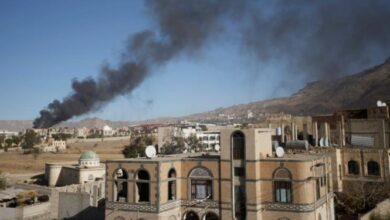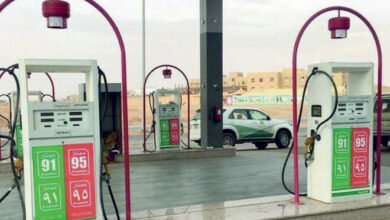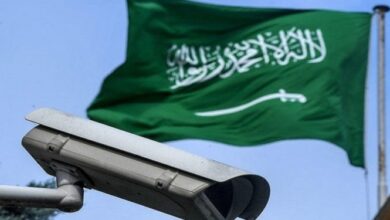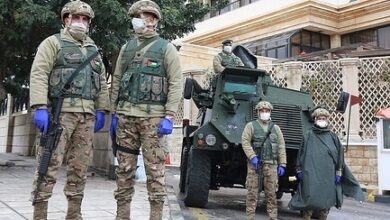Successive setbacks for Muhammad bin Salman in 2020
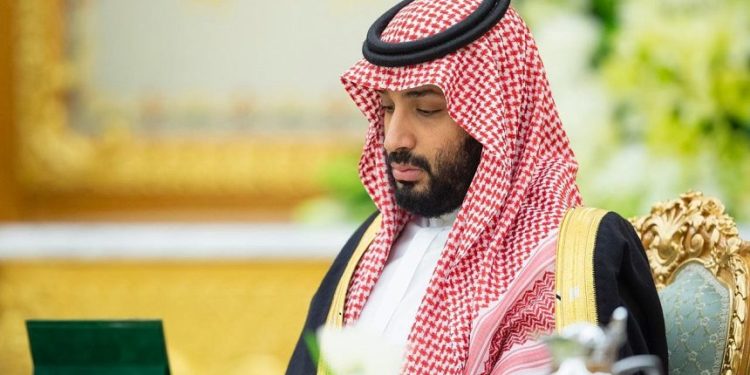
The year 2020 carries huge setbacks for Crown Prince Mohammed bin Salman and his plans for the diversification of the Kingdom’s economy, a year that was supposed to be the most important of those plans.
The plan for 2020 was set out that the Kingdom reap some of the fruits of the major modernization project: from the profits received from the increasing number of pilgrims visiting the holy places, to the profits of new industries and the entertainment industry that showed that society has become more open and can prosper in the future without relying on oil profits. Then, in November 2020, the 34-year-old Prince Mohammed bin Salman, the de facto ruler of the Kingdom, would attract the spotlight on the world stage by hosting his counterparts from the G20 heads of state.
However, the stillness of Makkah and Madinah now shows the most prominent illustration of the challenges facing a prince who wagered on his leadership in bringing economic prosperity to a country under two-thirds of its population less than 35 years old.
The Kingdom’s response to the Coronavirus pandemic was the rapid closure, which was praised by many Saudis. The pandemic has frozen tourism around the world and hit the financial aspects of many countries. But the economic impact of the pandemic has come at a more important time for Saudi Arabia, says Bloomberg, the US agency.
According to a preliminary scheme revealed by the Crown Prince four years ago, called Vision 2030, one of the goals was to increase income from religious tourism to the holiest Islamic cities. Saudi Arabia plans to enable 15 million Muslims, most of them from abroad, to perform Umrah to Mecca this year, which is almost double the number of arrivals for 2019.
The Kingdom has already worked to increase capacity and improve the quality of services provided to visitors. However, the restrictions imposed by the Kingdom due to the Coronavirus prevented travel. Mecca is still in a state of total closure, with the highest number of cases of coronavirus being infected in the country, even as the curfew is eased elsewhere.
Ayham Kamel, head of the Middle East and North Africa division of Eurasia Consulting Group, says: “Although it was difficult before, it is now impossible to achieve all the elements of the vision. This level of pressure requires rethinking the grand plan rather than minor details here and there.”
He explained that this matter leaves Crown Prince Muhammad forced to make “difficult choices regarding what he wants to diversify the sources of the economy, mega projects, and investments in assets abroad and at home.”
Kamel added that the short-term effect will mostly be economic, but the political cost will accumulate in the long-term. He added that the Kingdom had already relaxed its positions on Iran and Qatar and announced a ceasefire in Yemen in April, months after it tried to reach an exit strategy.
Finance Minister Mohamed Al-Jadaan confirmed, in a press conference on April 22, 2020, that Saudi Arabia went through similar crises in its history and “managed to overcome it.”
It is worth noting that the huge public investment fund has collected stakes in European oil companies and companies promoting concerts, and is currently in talks to purchase Newcastle Football Club, which is active in the English Premier League.
But Al-Jadaan also said that the country may end up borrowing up to 220 billion riyals ($58 billion) this year, and the government is making additional cuts in spending. The Saudi economy needs four times the current oil prices to balance its budget, while the Saudi central bank exhausted net foreign assets in March 2020 at the fastest rate in at least two decades.
At present, the focus in the Kingdom is to highlight a large number of measures announced by the government to assist companies during the closure due to the virus, including a plan to cover 60% of the salaries of some Saudis working in private companies.
Altogether, the state pledged 177 billion riyals ($47 billion) in subsidies, although this includes additional allocations to the health sector.
“Because of the oil price crisis and the Coronavirus, the prince wants his father to be present in the scene,” says Yasmine Farouk, a Middle East researcher at the Carnegie Endowment for International Peace, a think tank on global politics. As long as the King is present at this stage, the Crown Prince may be safe.”
Kamran Bukhari, director of analytical development at the Center for Global Policy in Washington, DC, said: There may be a lot of goodwill from Crown Prince Muhammad bin Salman in fighting the Corona virus. But once the virus is brought under control, the focus will be on the main challenges facing the Kingdom.
Bukhari added that the prince worked hard to ensure that there was no organized challenge to his authority, but that such challenges represent the minimum challenges. He made it clear that if he did not keep his promises, he would be a “weak king suffering from many internal social and political problems, along with external threats.”

